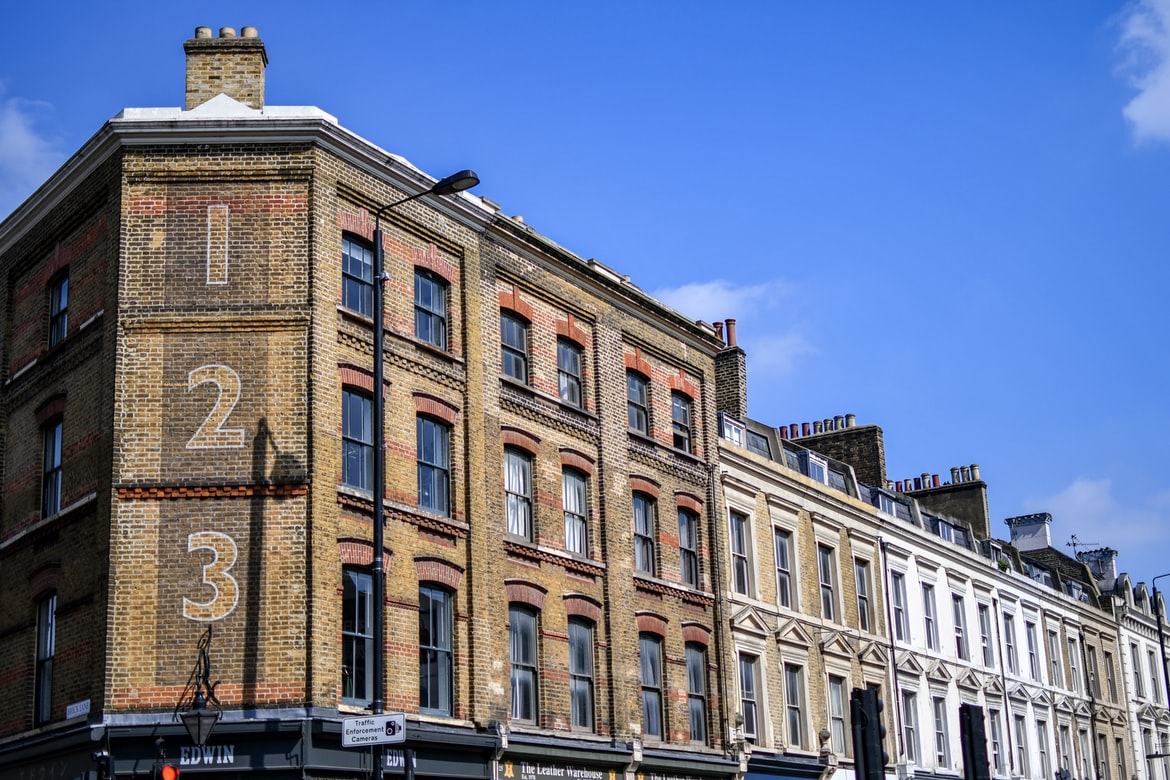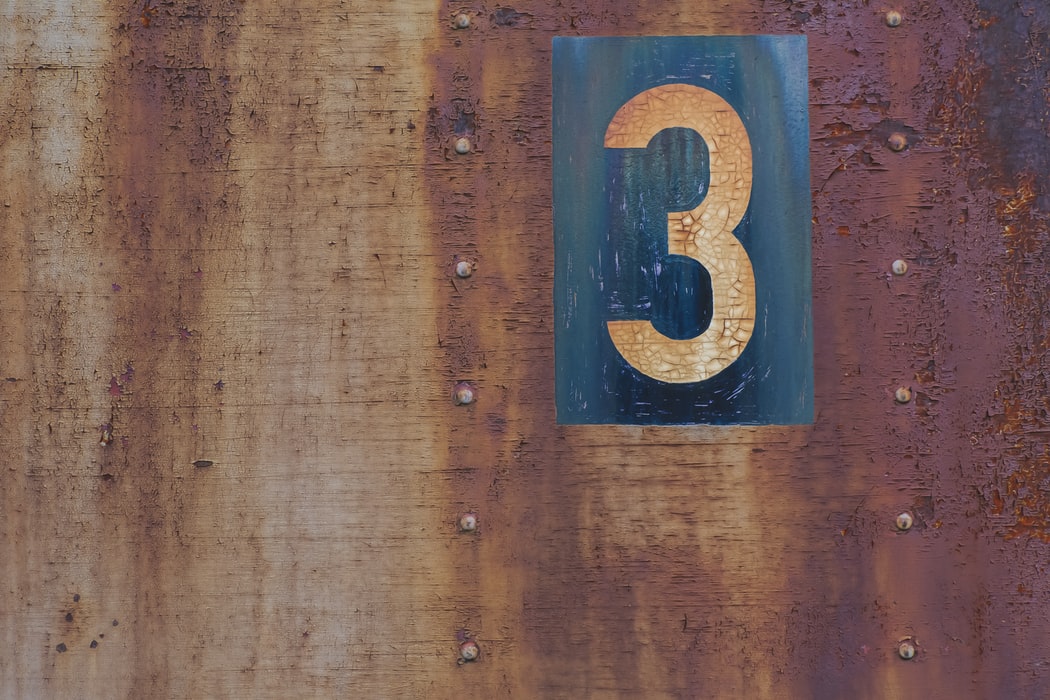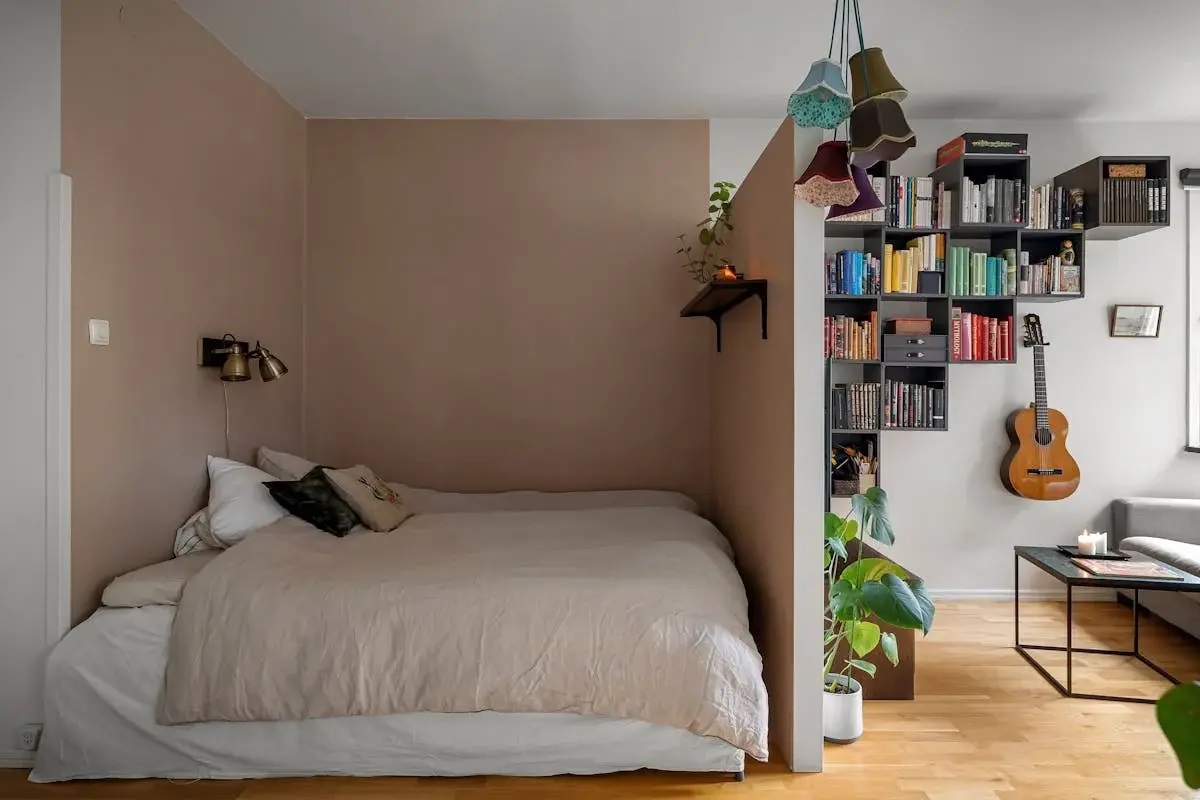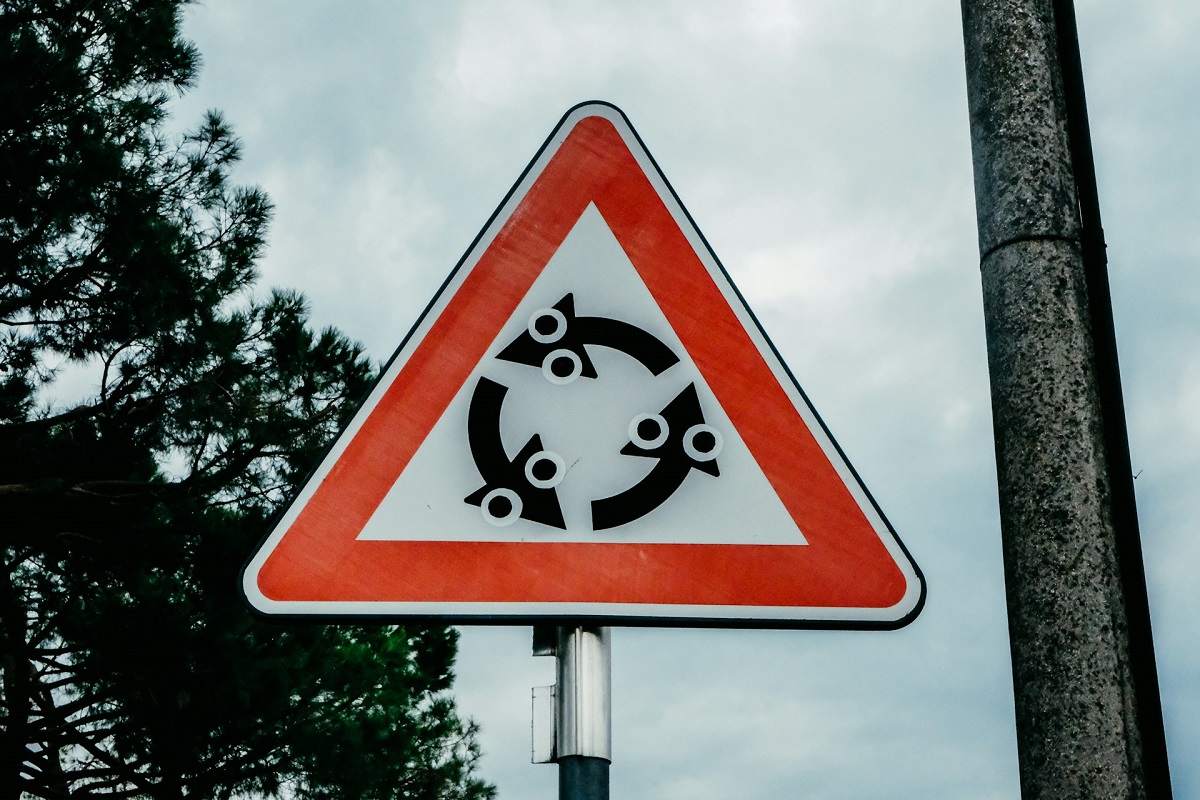
Townhomes mean something in common
___
Published Date 4/8/2019
For many who enjoy semi-maintenance-free living and prefer living closer to city centers, (apart from having fewer windows) townhome-living feels no different than living a single family home. From the outside, however, one thing is very obvious: one or more shared walls.
This begs the question: who is responsible for issues that arise out of that common (or party) wall experience? What if you have leaks, pests, or mold growing inside? Unlike a condo, where you only own the airspace and none of the structure itself, townhome owners are liable for their common walls.
The owners of each lot are jointly responsible for maintenance and repair of these walls unless damage is caused by one owner’s negligence, in which case the negligible owner is responsible for repairs, according to real estate lawyer Gary M. Singer, writing for the Sun-Sentinel. He advises you not to consider your neighbors recognized authorities on matters like these, even saying the board of your association can be working under a misunderstanding of what your governing documents actually say.
“I have lost count of the times an association was trying to enforce a restriction that only exists in their ‘understanding' of the rules,” says Singer. “To get to the bottom of this, you will need to review the documents to see what they actually say. Association rules are, in reality, nothing more than a contract between you and your neighbors, and the only way to know what is in a contract is to read it.”
He goes on to say that attached housing that shares a wall or fixture is governed by either the community documents or a private “party wall agreement” between direct neighbors. “If, for some reason, your community documents are silent on this sort of maintenance issue, and there is no party wall agreement in place, the general provisions of law — what lawyers call 'common law’ — will give you the answer,” he says.
Under common law (as the word implies) problems with shared walls are split equally between the landowners that share the problem. “This means that unless your community’s governing documents state the association is responsible, you and your next-door neighbor are on the hook. If your neighbor is not cooperative in resolving the issue, you will need to take care of it and look to your neighbor for reimbursement of half the cost.”
Source: Sun-Sentinel, TBWS
All information furnished has been forwarded to you and is provided by thetbwsgroup only for informational purposes. Forecasting shall be considered as events which may be expected but not guaranteed. Neither the forwarding party and/or company nor thetbwsgroup assume any responsibility to any person who relies on information or forecasting contained in this report and disclaims all liability in respect to decisions or actions, or lack thereof based on any or all of the contents of this report.
Corporate NMLS ID: 75243
Privacy Policy: https://www.prmg.net/privacy-policy/


Brian Voytko
Certified Mortgage Advisor
NMLS: #437292
The Mortgage Whiz
Company NMLS: 338923
Cell: 215-407-3832
Email: BVoytko@PRMG.net

Brian Voytko
___
Certified Mortgage Advisor
NMLS: #437292
Cell: 215-407-3832
Last articles
___

The market? It is a-changing – a bit
7/15/2024
The slow drip of news regarding inflation and the economy can feel maddening in ... view more

Looking beyond a kitchen’s glamor
6/13/2024
Kitchens are arguably today’s house jewelry — often the part of the house that m... view more

Weak Treasury Auctions set markets back
5/29/2024
The markets got hit hard yesterday on the very weak 2 year and 5 year auctions..... view more

A bygone era; things rarely present in homes anymore
5/16/2024
Ever walk into a house and see something that reminded you of your childhood, bu... view more

The Consumer Price Index shows a decrease in inflation
5/15/2024
Traders and markets waited two weeks for current inflation data, yesterday April... view more

Three things that could impact rates this week
5/13/2024
These are the three areas that have the greatest ability to impact rates this we... view more

Making your green spaces more sustainable
5/9/2024
The manicured lawn. Golf green. Americans have obsessed with traditional grass f... view more

Three things that could impact rates this week
5/6/2024
These are the three areas that have the greatest ability to impact rates this we... view more
Load more
 The Mortgage Whiz
The Mortgage Whiz



